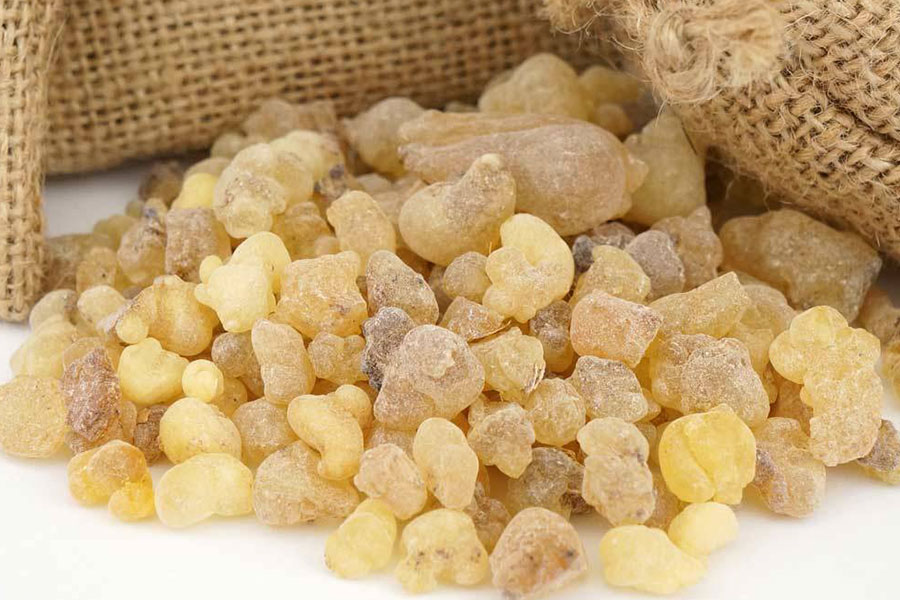
Fortune News | Apr 30,2022
Apr 13 , 2025
By Mekonnen Solomon
Ethiopia's share of the U.S. flower market is less than three percent, and only around 11pc of its flower farms maintain robust American ties. Although seemingly minor, President Trump's tariffs could affect supply dynamics in a niche market that values economic efficiency and horticultural quality. Securing reliable U.S. access is complicated by Ethiopia's dependence on the Netherlands as a major re-export hub, where a new 20pc American duty could constrict this indirect channel, writes Mekonnen Solomon (ehdaplan@gmail.com), horticultural coordinator at the Ministry of Agriculture (MoA).
President Donald Trump’s decision to impose new tariffs has prompted U.S. customs agents to begin collecting duties on goods from dozens of major trading partners, with a baseline rate of 10pc and higher levies on certain products. Among the industries feeling the effects is floriculture, a global business known for time-sensitive supply chains. While the measure targets a wide swath of imports, it places a particular spotlight on the Ethiopian flower industry, which has spent years expanding its global reach.
The U.S. flower market depends heavily on imports to meet an estimated daily demand of around 10 million stems. Domestic growers supply only about 20pc of that total, leaving foreign producers to fill the gap. Roses, summer flowers, and orchids dominate the market, especially around holidays such as Valentine’s Day and Mother’s Day.
Eager to tap into America’s year-round consumption, Ethiopia has made steady inroads. Official data from the Ethiopian Customs Commission and various industry reports indicate the United States is now sixth among the top 10 destinations for Ethiopian flowers. In the four years beginning in 2020, exports to the U.S. grew at an average annual rate of 25pc, totaling roughly 7,977mts and generating about 45 million dollars. Seven foreign-owned farms supply most of these blooms, focusing on roses, summer flowers, and rooted and unrooted cuttings.
Despite this progress, Ethiopia’s overall share of the U.S. flower market remains modest, at less than three percent. Only about 11pc of Ethiopian flower farms have strong American ties, leaving the industry vulnerable to shifts in trade policy. Trump’s tariffs include a 10pc import duty on Ethiopian flowers, a seemingly small rate that can still reshape supply patterns in a field where price and freshness matter.
Much of Ethiopia’s output — over 67pc — is currently shipped to the Netherlands, which also re-exports these blooms worldwide, including to the U.S. A new 20pc duty on Dutch flower imports threatens this indirect channel, potentially affecting Ethiopia’s access to American consumers.
Latin American producers, particularly those in Colombia and Ecuador, have traditionally dominated the U.S. market. Colombia accounts for about 65pc of American flower imports, and Ecuador holds close to 25pc. Their geographic proximity has long offered lower freight costs and quicker shipping. They also benefited from free-trade agreements that exempted their flowers from certain duties. Now, both countries face a 10pc tariff, raising costs for growers, wholesalers, and retailers alike.
Should Colombia or Ecuador divert a portion of their flower exports elsewhere, the consequences could ripple far beyond the U.S. According to United Nations trade data, Latin American producers have been gaining ground in the Middle East over the past three years. Ecuador alone shipped 278mts of flowers to Saudi Arabia in 2023. With Saudi Arabia holding a 13pc share of the global flower market — second only to the Netherlands — any shift in supply could drive down prices there, squeezing Ethiopian growers who also target the Kingdom.
The United Arab Emirates (UAE) shows a similar trend. Colombian flowers represent about 27pc of its imported cut stems. If Colombia boosts its presence in that region, Ethiopian producers could face more aggressive competition and lower profit margins.
Higher tariffs have fueled discussions about supporting domestic floriculture in the United States. Some see this as an opportunity for American farms to expand, but the path is not without issues. Flower cultivation is labour-intensive, often relying on seasonal immigrant labour already constrained by immigration policies. Substantial investments in greenhouses, cool-chain logistics, and year-round climate control would be needed to scale up production.
Weather volatility also complicates efforts to maintain a consistent supply. While some consumers welcome locally sourced blooms, there is concern that limited variety and higher prices could dampen overall demand, as flowers are often viewed as discretionary goods.
Trade policy can create a cycle of reactions. If tariffs raise prices, consumers may buy fewer flowers, prompting large exporters to retrench or look for new markets. That reorientation can pressure smaller or emerging suppliers, including those in Ethiopia, which might face oversupply and price declines in alternative regions. American wholesalers could scramble for reliable and cost-effective sources, potentially turning to other countries with lower duties or more favourable logistics.
Ethiopia’s floriculture sector has reason for cautious optimism. Thanks in part to Ethiopian Cargo's global reach, it has built a reputation for quality, competitive pricing, and efficient logistics. Producers say they could adapt to meet U.S. requirements, but they need more clarity on how long the tariffs might last and whether new trade deals could mitigate them. For now, the focus remains on safeguarding existing ties in Europe, which accounts for a large share of Ethiopian exports, and watching Middle Eastern opportunities closely.
However, the threat of a 10pc tariff looms, and the fate of Ethiopia’s indirect path through the Netherlands is also unclear.
PUBLISHED ON
Apr 13, 2025 [ VOL
26 , NO
1302]


Fortune News | Apr 30,2022

Radar | Nov 09,2019

Featured | Sep 10,2021

Radar | Dec 17,2022

Radar | May 18,2024

Fortune News | Feb 04,2023

Fortune News | Feb 18,2023

Life Matters | Apr 29,2023

Radar | Oct 16,2021

Radar | Dec 05,2018

Photo Gallery | 177000 Views | May 06,2019

Photo Gallery | 167216 Views | Apr 26,2019

Photo Gallery | 157804 Views | Oct 06,2021

My Opinion | 136946 Views | Aug 14,2021

Dec 22 , 2024 . By TIZITA SHEWAFERAW
Charged with transforming colossal state-owned enterprises into modern and competitiv...

Aug 18 , 2024 . By AKSAH ITALO
Although predictable Yonas Zerihun's job in the ride-hailing service is not immune to...

Jul 28 , 2024 . By TIZITA SHEWAFERAW
Unhabitual, perhaps too many, Samuel Gebreyohannes, 38, used to occasionally enjoy a couple of beers at breakfast. However, he recently swit...

Jul 13 , 2024 . By AKSAH ITALO
Investors who rely on tractors, trucks, and field vehicles for commuting, transporting commodities, and f...

Oct 18 , 2025
The political establishment, notably the ruling party and its top brass, has become p...

Oct 11 , 2025
Ladislas Farago, a roving Associated Press (AP) correspondent, arrived in Ethiopia in...

Oct 4 , 2025
Eyob Tekalegn (PhD) had been in the Governor's chair for only weeks when, on Septembe...

Sep 27 , 2025
Four years into an experiment with “shock therapy” in education, the national moo...

Oct 18 , 2025 . By NAHOM AYELE
In a sweeping reform that upends nearly a decade of uniform health insurance contribu...

A bill that could transform the nutritional state sits in a limbo, even as the countr...

Oct 18 , 2025 . By SURAFEL MULUGETA
A long-planned directive to curb carbon emissions from fossil-fuel-powered vehicles h...

Oct 18 , 2025 . By BEZAWIT HULUAGER
Transaction advisors working with companies that hold over a quarter of a billion Bir...